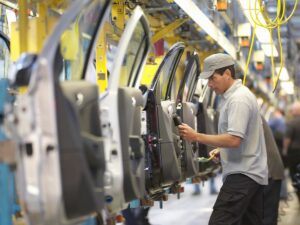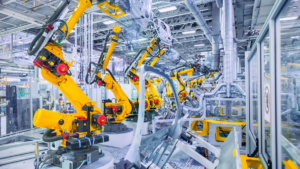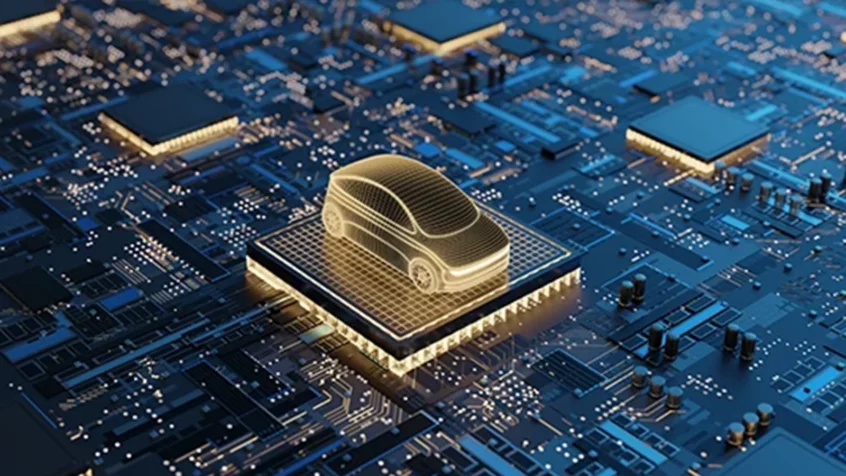The disruptions in supplies of key raw materials and components over the last three years have been driven by a range of factors, including the COVID-19 pandemic, natural disasters, geopolitical tensions, and shifts in consumer demand. In the case of the automotive industry, one key driver of the recent shortages has been the cancellation of orders for microprocessors in response to a slump in auto sales in the early months of the pandemic.

While this decision may have made sense at the time, it ultimately contributed to a shortage of chips that has had a ripple effect throughout the supply chain. With makers of video games and other types of consumer electronics snapping up the capacity left on the table by auto manufacturers, the automotive industry has been left to struggle with limited supplies of key components.
Looking ahead, it is likely that the automotive supply chain will continue to face challenges in the years to come. However, there are steps that automakers and their suppliers can take to mitigate these challenges, such as diversifying their supply chains, investing in new technologies and materials, and collaborating more closely with their partners in the supply chain.
Ultimately, the key to success in the automotive supply chain will be agility, resilience, and a willingness to adapt to changing circumstances. By staying ahead of the curve and proactively addressing potential disruptions, automakers and their partners can help ensure a more stable and sustainable supply chain for the future.
The industry continues to feel the impact of the COVID-19 pandemic and the disruption to supplies of key raw materials and components. The cancellation of orders for microprocessors by automakers in response to a slump in auto sales during the early months of the pandemic has led to a severe shortage of both new and used cars in the marketplace. As a result, automakers have been forced to cut production of new vehicles by an estimated 10.5 million units in 2021 and another 3.6 million in 2022.
While there are signs of recovery in the automotive supply chain, the industry is still facing significant challenges. The shift toward electric vehicles is adding new complexities to the supply chain, as manufacturers work to secure supplies of key components like batteries and rare earth metals.
To address these challenges, automotive manufacturers are exploring new approaches to supply chain management, such as building more resilient and flexible supply chains, investing in new technologies like artificial intelligence and automation, and working closely with suppliers to ensure a reliable flow of materials and parts. However, it is likely to take several years for the industry to fully recover from the disruptions caused by the pandemic and to build a more robust and resilient supply chain.
GLC has a 17-year track record of working closely with distributors and manufacturers to ensure smooth delivery of key parts as well as storing and final aftermarket products. Click below and tell us about your supply chain concerns.


